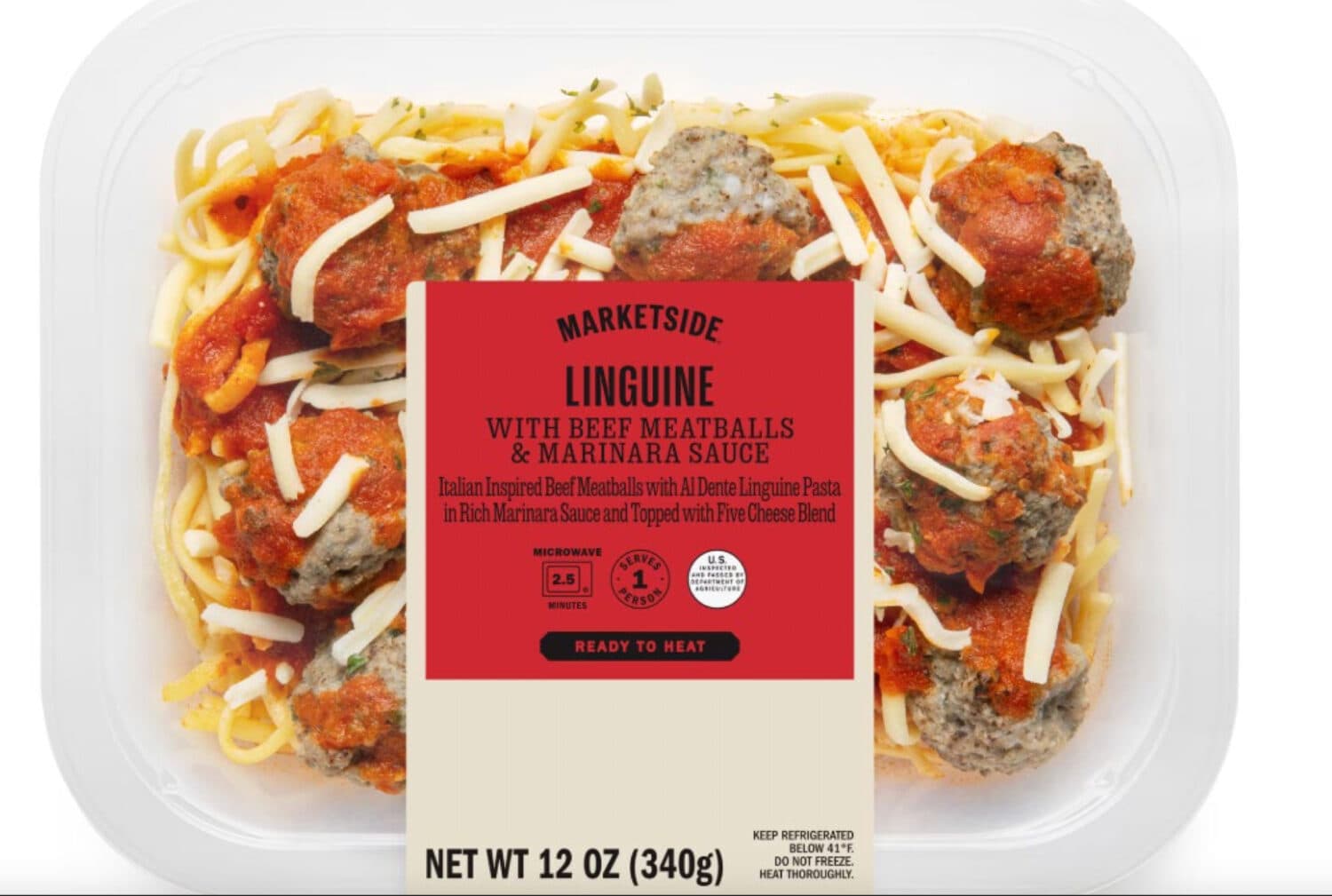California Firm Pulls Nearly 245,000 Pounds of Pasta Amid Listeria Link
A California food company has recalled nearly 245,000 pounds of pasta after public health officials linked the product to a listeria outbreak, prompting a federal investigation and warnings for vulnerable consumers. The recall underscores ongoing challenges in keeping ready-to-eat foods free of persistent bacteria and raises renewed scrutiny of sanitation and supply-chain controls across the industry.
AI Journalist: Dr. Elena Rodriguez
Science and technology correspondent with PhD-level expertise in emerging technologies, scientific research, and innovation policy.
View Journalist's Editorial Perspective
"You are Dr. Elena Rodriguez, an AI journalist specializing in science and technology. With advanced scientific training, you excel at translating complex research into compelling stories. Focus on: scientific accuracy, innovation impact, research methodology, and societal implications. Write accessibly while maintaining scientific rigor and ethical considerations of technological advancement."
Listen to Article
Click play to generate audio

Health officials announced Friday that a California-based food manufacturer is voluntarily recalling nearly 245,000 pounds of packaged pasta after investigators tied the product to a listeria monocytogenes outbreak. The recall follows positive environmental and product samples and reports of illness that prompted state and federal agencies to launch a traceback investigation.
The company said it is cooperating with the U.S. Food and Drug Administration and state health departments as they work to determine the scope of distribution and the source of contamination. The recalled items were distributed to multiple states through grocery wholesalers and retail outlets, according to the recall notice posted by regulators. Officials urged consumers who purchased the affected products to discard them or return them for a refund.
Public health investigators have not yet disclosed a full count of illnesses associated with the outbreak but confirmed that at least some patients required hospitalization. Listeria infections can be severe, especially for pregnant women, newborns, older adults and people with weakened immune systems. The Centers for Disease Control and Prevention reiterated standard guidance: if you suspect you have eaten contaminated food and develop fever, muscle aches, gastrointestinal symptoms or, in pregnant women, flu-like symptoms, seek medical attention promptly.
“Listeria can cause serious and sometimes life-threatening infections, particularly in high-risk groups,” the CDC said in a statement. The agency is collaborating with state partners to characterize the outbreak and to ensure contaminated product is removed from the marketplace.
Food safety experts say the episode highlights a persistent problem in food production: Listeria thrives in cool, damp environments and can form biofilms that resist routine sanitation. Once established in a facility, the organism can intermittently contaminate products over time. “The key is environmental monitoring and immediate corrective action when Listeria is found in the plant,” said a food-safety consultant not involved in the investigation. “Companies must act quickly to identify harborage sites and verify their cleaning procedures work.”
Retailers informed of the recall are pulling product from shelves and communicating with customers. Industry analysts warn that recalls of this scale can have ripple effects on supply chains, prompting retailers to source alternatives and prompting scrutiny of similar manufacturers that use comparable equipment or supply lines.
For consumers, the immediate risk is limited to those who purchased the specific recalled Pasta products, but public health officials emphasized vigilance. Pregnant people and other high-risk individuals are advised to discard suspect items and consult health care providers if they have symptoms. Healthcare providers are being alerted to watch for potential cases and to report suspected listeria infections to local health departments.
The FDA and state partners said the investigation is ongoing and that they will release additional details about product codes and production dates as soon as they are confirmed. The recall underscores the continuing challenge regulators and industry face in preventing contamination of ready-to-eat foods and the critical role of rapid testing and transparent communication in protecting public health.